Author Archive
Considering the Wedding Poem
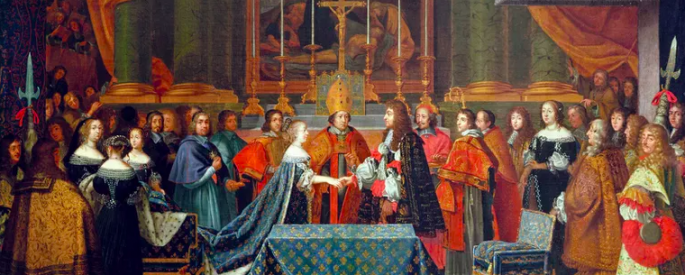
One does not take notes from the epithalamium for instructions on how to arrange a wedding, how to make a marriage successful, how to communicate with a loved one. The wedding poem anticipates its continued listening, sometime in the future.
Robots Like a Greek Chorus
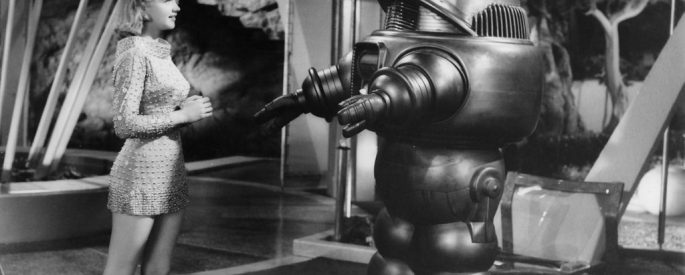
Poets are grappling with their anxieties over the future of artificial intelligence; with their awe at technological innovation; with their fumbling through the knowledge that, in pockets and backpacks, one carries with them a computer’s long-term memory—infallible and encyclopedic, unlike ours.
Reading Robert Pinsky’s Jersey Breaks: Becoming an American Poet
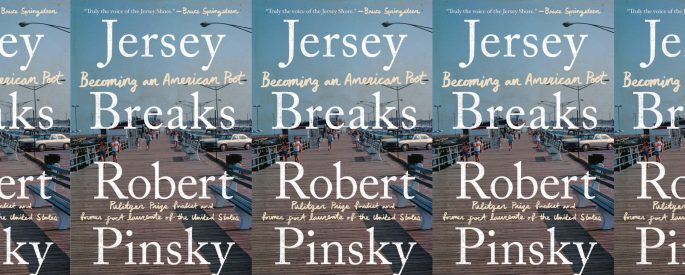
Robert Pinsky’s narrative moves insofar as it leads to poetry: that the events of a life in writing seem a bit accidental; that what sustains a life in writing is not fame, not a cartoon version of oneself chatting with Lisa Simpson, but a commitment to language bordering obsession.
Opus Posthumous
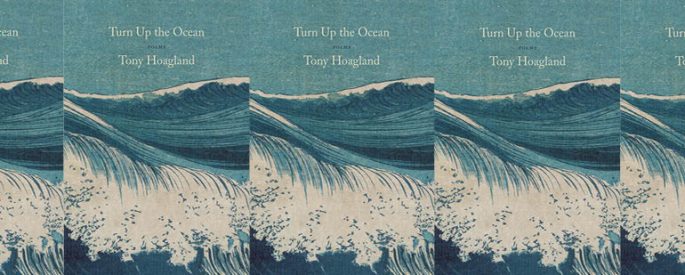
Tony Hoagland’s posthumously published collection makes clear that what one will do—has done—with their life, how a life will be remembered, how a volume of poems or the work completed throughout a lifetime once was, will turn out, will be received—all of these are unknowable.
Conversation Design Interface
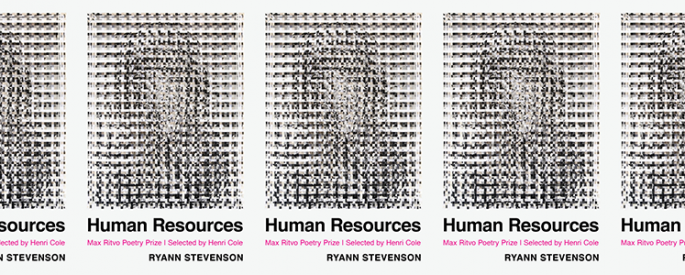
You read a poem aloud or, more often, a voice almost like your own recites the words in your mind, almost like being silent. What you hear is your performance of the poem: your internal recitation directed by the poem’s unimpeachable arrangement, how it asks to be read.
Language and Time in Now Do You Know Where You Are
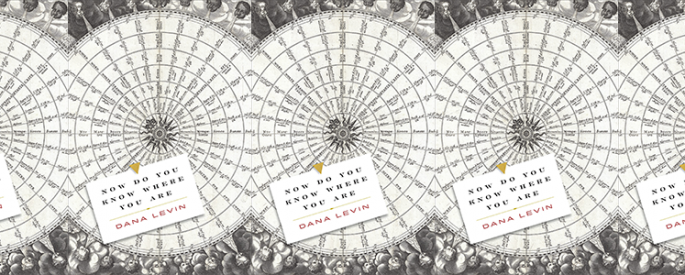
Something happens when we read Dana Levin’s poems—time doesn’t merely pass but replicates itself—and so these poems simulate how, exactly, the poet struggles with and through her intermittent silence between the pages.
Richie Hofmann’s Ekphrastic Poetry
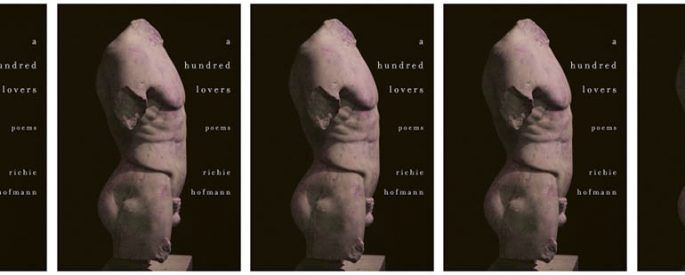
It is commonplace wisdom that our enduring ekphrastic poems do not merely transcribe or represent their source material. Like all poems, they enact an experience for their readers. This particular experience happens to be guided by one’s own transformation while encountering a visual work of art.
Jana Prikryl, From the Fields of a Calendar
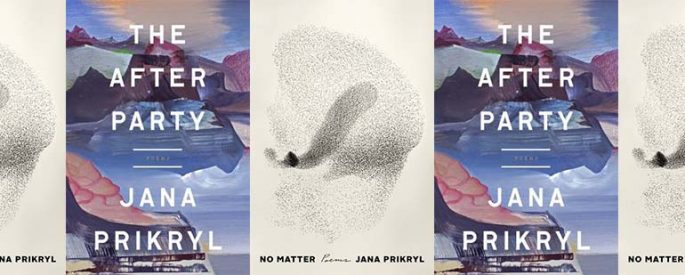
The poems that imagine photographs, the making and distribution of images to one or many friends, to strangers, revisit a figurative injection posed in Jana Prikryl’s first collection: a poem is not functional, a poem is something to be experienced in time.
Philomath and Lyric Knowledge
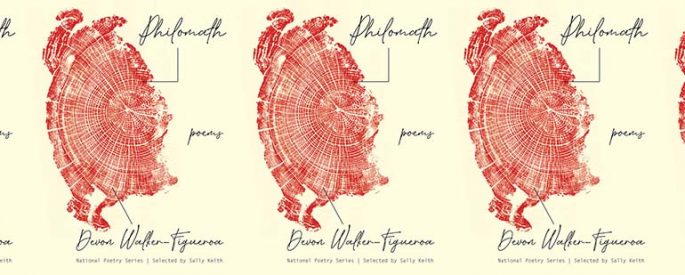
Do the people of Devon Walker-Figueroa’s 2020 collection love to learn? Do we watch them learn in change while reading this book, and do we, in the process of reading these poems, learn anything?
Oppen on the Unfinished Voyage
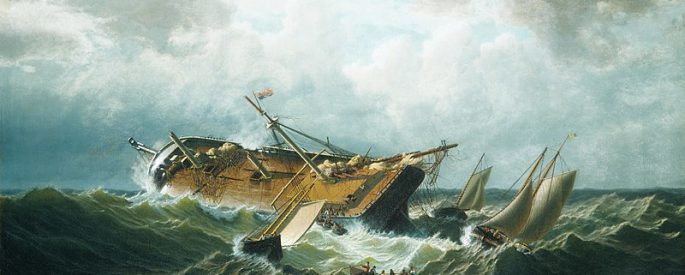
Facing George Oppen’s “shipwreck of the singular” positions one to reconsider a problem with the act of naming, of not remaining silent: to name our own singularity ignores the material of the wreck, the end of one’s own life equivalent to the end of the world.
- 1
- 2